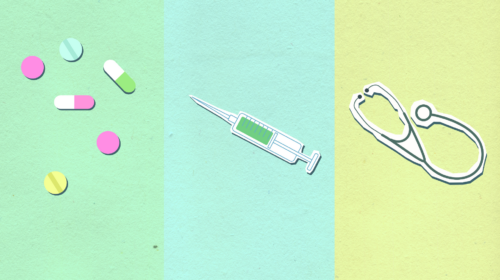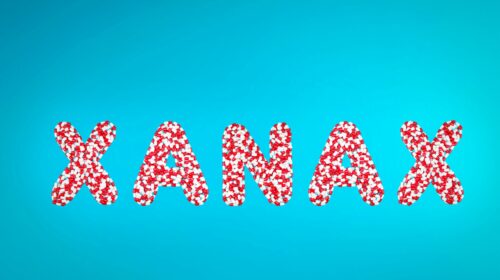We have just concluded National Mental Health Month, an event that promotes awareness, advocacy, support, and empowerment of those living with mental health issues, aims to reduce the stigma associated with these challenges, and helps guide people toward ways to manage and treat their conditions. Part of this effort is addressing the undeniable relationship between addiction and all types of mental health issues, including but not limited to depression, anxiety, bipolar disorder, borderline personality disorder, and schizophrenia.
Cause and Effect: The Relationship between Addiction and Mental Illness
The National Alliance of Mental Illness (NAMI) reports that there are approximately 19.4 million Americans currently living with co-occurring substance use disorder and mental illness. Each one of these individuals has their own unique and complex circumstances that influence and exacerbate their conditions.
The link between addiction and mental illness can be both physiological and experiential. Some start abusing drugs or alcohol to cope with adverse circumstances and wind up falling into addiction; some develop trauma through incidents they experienced during active substance abuse (sexual assault, family estrangement, watching a friend fatally overdose, etc.); many have their brain chemistry seriously, and in some cases irreparably, altered by prolonged or untreated substance abuse; others self-medicate to escape a persistently bleak reality. The pathway to substance abuse very often starts with an underlying mental health issue.
This is why it’s so important in rehab to address not only the symptoms, consequences, and lifestyle factors associated with addiction but also the root causes and triggers. People who struggle with simultaneous substance use and mental health issues are best served through what is called dual-diagnosis treatment. This approach provides distinct and separate care for both conditions in one program. Recovery Unplugged offers compassionate, effective, and intuitive dual-diagnosis care to address these ever-present mental health issues, and help our clients heal as individuals, not just collections of symptoms.
Where Words Fail: Music and Mental Health
We’ve already established music’s ability to manage various types of mental health challenges, like depression, anxiety, bipolar disorder, schizophrenia, and more. Going beyond the traditional music-therapy paradigm, however, music can also be used as a point of connection and trust to help people grow more comfortable with the treatment process and be more open to traditional care practices.
If there’s one thing I’ve learned in my decades as an addiction treatment professional, it’s that sometimes people just don’t want to talk about it…whatever “it” is. They don’t want to share what they’ve gone through, they’re distrustful of even the most well-intentioned treatment professionals, and they let fear, shame, embarrassment, and general emotional exhaustion keep them from opening up. This is part of the reason why relapse rates in the United States remain consistently at between 40-60 percent—people have a negative experience at the inception of their care program and either leave early or are unable to cultivate the behavioral tools needed to avoid setbacks.
Mental Health, Music, and the Individual
When someone is looking for help for substance use disorder or mental health issues, we can, and must, assume that they’re bringing with them a complex and unique mosaic of experiences, impulses, fears, anxieties, and other deeply personal factors that brought them to this moment. While these issues must be explored and addressed during the care process, it can be extremely difficult to unpack them if clients feel guarded and distrustful—this is where a common unifier like music can be crucial.
While no two clients’ histories are alike, everyone shares a connection with music in some form. By integrating music into the intake and admissions process and engaging with clients to learn what songs most heavily resonate with them, we immediately help to build trust and help them feel less guarded. They start to feel as though they’re respected, valued, and listened to, and become a more willing participant and collaborator in their own care.
From there, music can be applied in a number of ways to improve the mental health issues that so commonly lead to addiction, including emotional articulation through songwriting and poetry, community building through music-focused group therapy, confidence building through performance, and learning that they’re not alone by applying the subject matter of emotionally resonant songs to their own lives.
Turning Up the Volume
As Mental Health Month comes to a close, the ability of music to positively impact addiction and mental health issues must be explored and discussed throughout the rest of the year and beyond. This connection is what has helped Recovery Unplugged save countless lives and far exceed the national average for cases of long-term sobriety and program completions. If you or someone you care about is experiencing addiction or mental health challenges, and you need help, start by putting on one of your favorite records. Stay safe, stay vigilant, and take care of yourself.

























